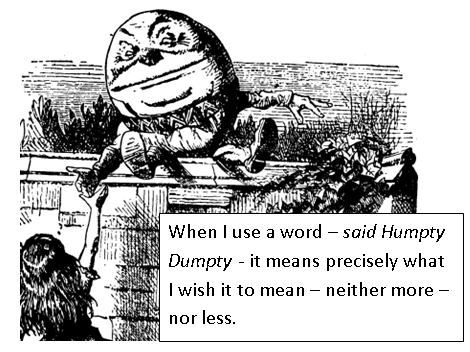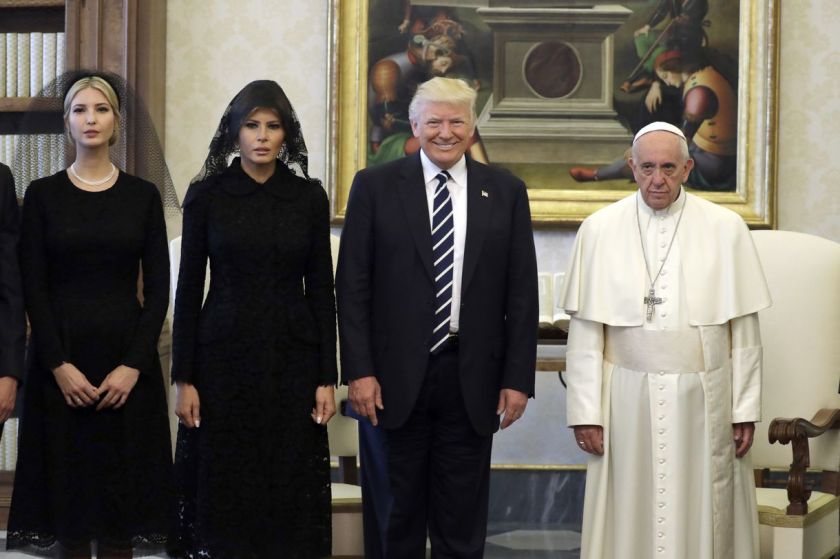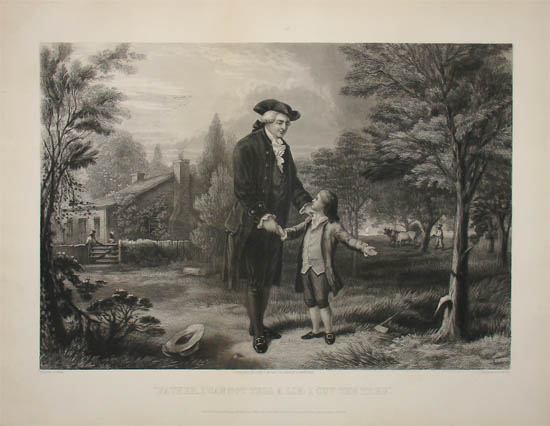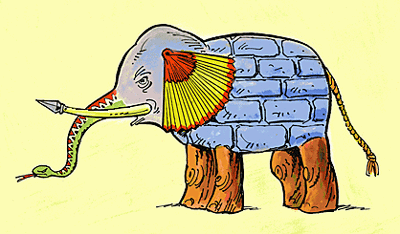
Elizabeth Warren: You said we need a 21st-century Glass-Steagall at your confirmation hearing. And now you’ve just said the opposite. In the past few months, you and the president have had a number of meetings with big-bank C.E.O.s and lobbyists—is that the reason for the reversal on Glass-Stegall?
Steven Mnuchin: Not at all; there actually wasn’t a reversal.
Warren: There wasn’t a reversal?
Mnuchin: Let me explain.
Warren: I’m ready.
Mnuchin: The Republican platform did have Glass-Stegall. . . . The president said we do support a 21st-century Glass-Steagall, that means there are aspects of it that we think may make sense. But we never said before we support a full separation of banks and investment banking.
Warren: Let me just stop you right there, Mr. Secretary—
Mnuchin: You’re not letting me finish—
Warren: Yeah, I’m not, because I really need to understand what you’ve just said. There are aspects of Glass-Steagall that you support, but not breaking up the banks and separating commercial banking from investment banking? What do you think Glass-Stegall was if that’s not right at the heart of it?
Mnuchin: Again, I’m well aware of what Glass-Steagall was, as you may know the original concern of Glass-Steagall was about conflicts not about credit risk, and if we had supported a full Glass-Stegall we would have said at the time we believed in Glass-Stegall, not a 21st-century Glass-Stegall. We were very clear in differentiating it.
Warren: I still haven’t heard the answer to my question; what do you think Glass-Stegall was if not separating commercial banking from investment banking, from ordinary banking?
Mnuchin: Again, the fundamental part of Glass-Stegall was, as you just outlined, it was separation of investment banking from commercial banking because people were concerned about conflicts.
Warren: And how do you separate without breaking up the big banks that have integrated these two things?
Mnuchin: Again, the integration of commercial banking and investment banking has gone on for a long time, that’s not what caused the financial crisis, and if we did go back to a full separation, you would have an enormous impact on liquidity and lending.
Warren: So let me get this straight. You’re saying you’re in favor of Glass-Steagall, which breaks apart the two arms of the banks, except you don’t want to break apart the two parts of banking. This is like something straight out of George Orwell. You’re saying simultaneously you’re in favor of breaking up the banks— that’s what Glass-Steagall is—
Mnuchin: I never said we were in favor of breaking up the banks. If we had been, it would have been very simple .
Warren: Let me try one more time—what does it mean to be in favor of 21st-century Glass-Steagall if it does not mean breaking apart these two functions in banking?
Mnuchin: I’d be more than happy to come see you and follow up—
Warren: Just tell me what it means. Tell me what 21st-century Glass-Steagall means if it doesn’t mean breaking up those two parts. It’s an easy question.
Mnuchin: It’s actually a complicated question—
Warren: I’ll bet.
Mnuchin: There are many aspects of it. The simple answer is we don’t support breaking up commercial and investment banks. We think that would be a huge mistake, but, again, I’m more than happy to listen to your ideas on it, you obviously have strong views.
Warren: This is just bizarre. The idea that you can say we’re in favor of Glass-Steagall but not in breaking up the banks.
Mnuchin: We never said we were in favor of Glass-Steagall, we said we were in favor of a 21st-century Glass-Steagall. We couldn’t be clearer.
Warren: Thank you . . . this is crazy.
Props to Lobo Loupe. Transcript from Bess Levin.


 How many hostages do you spot?
How many hostages do you spot?


 A door prize will be awarded for the best translation from the Arabic.
A door prize will be awarded for the best translation from the Arabic.


